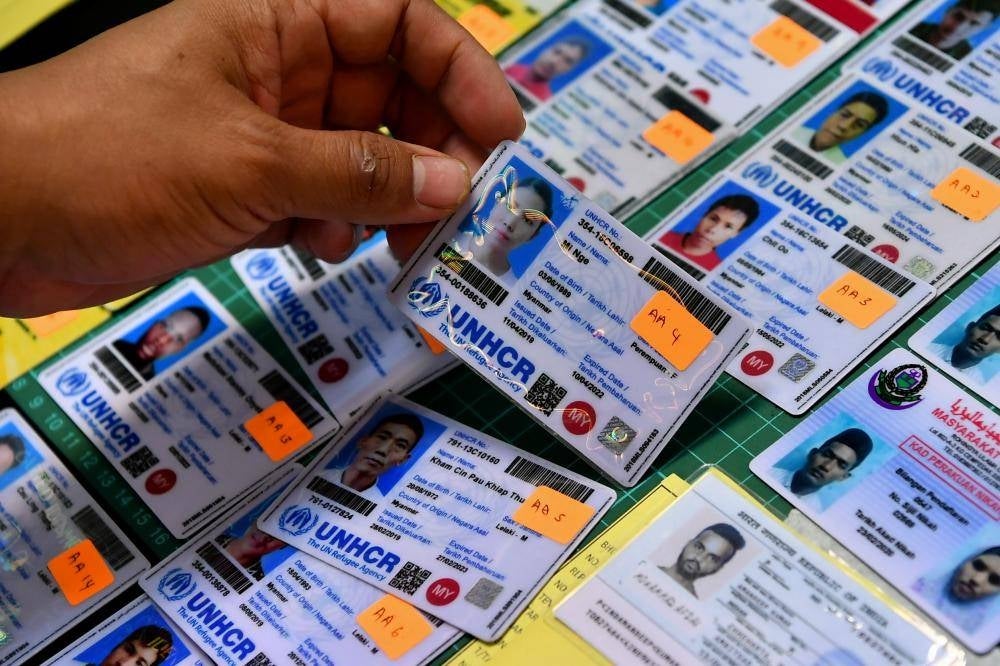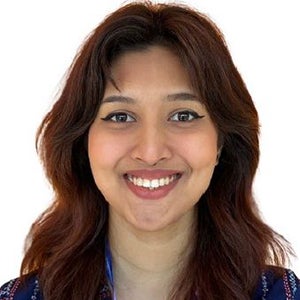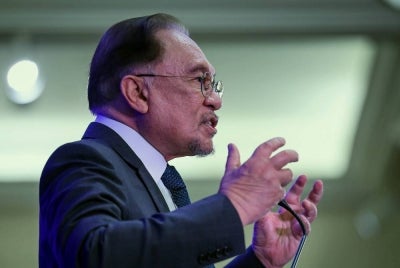Access to education a basic human right that refugee children should be getting

SHAH ALAM - Malaysia's commitment in ensuring quality education for all refugee children, irrespective of their origin, is under the spotlight following comments made by an economist on education inclusivity on homesoil recently.
Yayasan Chow Kit Co-Founder Datuk Dr Hartini Zainudin explains why access to education - a basic human right - is not available to all children regardless of race and background despite being a host country for asylum seekers for decades.
She pointed out the challenges and contradictions faced by these children, many of whom were in Malaysia temporarily.
"With global refugee numbers reaching 100 million, providing consistent and quality education becomes even more paramount.
"There is a pressing need for a comprehensive and inclusive education strategy for refugee children in Malaysia," she told Sinar Daily.
She said achieving a balance in the education of refugee children in Malaysia, including those from Palestine, necessitates an inclusive strategy for integration into society and a potential path to naturalisation.
She proposed steps for Malaysia to balance refugee children's education, including:
Develop Inclusive Policies
Create inclusive education policies that guarantee equal access to quality education for refugee children, in collaboration with non-governmental organisations (NGOs) and civil society.
Promote Intercultural Integration
Launch programmes that encourage understanding and friendship between refugee and local children, addressing xenophobic narratives.
Offer Language Support
Provide language programmes and interpreters to overcome language barriers.
Recognise Prior Learning
Acknowledge the knowledge and skills refugee children have gained from their home countries' educational systems, accelerating their integration into the Malaysian education system.
Provide Counselling and Support
Offer psycho-social services to address trauma and emotional well-being.
Hartini said by implementing these measures, Malaysia can achieve a balance in the education of refugee children and ensure their integration into society while upholding humanitarian values.
She also pointed out that support mechanisms were already in place for certain refugee groups such as the Rohingyas, Syrians and those from the African nations via partnerships with United Nations High Commissioner For Refugees (UNHCR), NGOs and community engagements.
The economist Dr Muhammed Abdul Khalid, seen talking in a video clip during the Youth Economic Forum 2024 panel discussion, said refugee children including Palestinians were not allowed to go to schools while their parents or adults in general were not allowed to work.
He added that according to a UNHCR survey conducted, it revealed that Malaysian parents generally support refugee children attending schools.
However, only 30 per cent of all refugee children of school-going age in Malaysia were enrolled in a community learning centre.
The figures are initially promising (44 per cent enrollment for children aged 6-13) but then it drops sharply in the 14-17-year-old age group to 16 per cent.
Download Sinar Daily application.Click Here!















